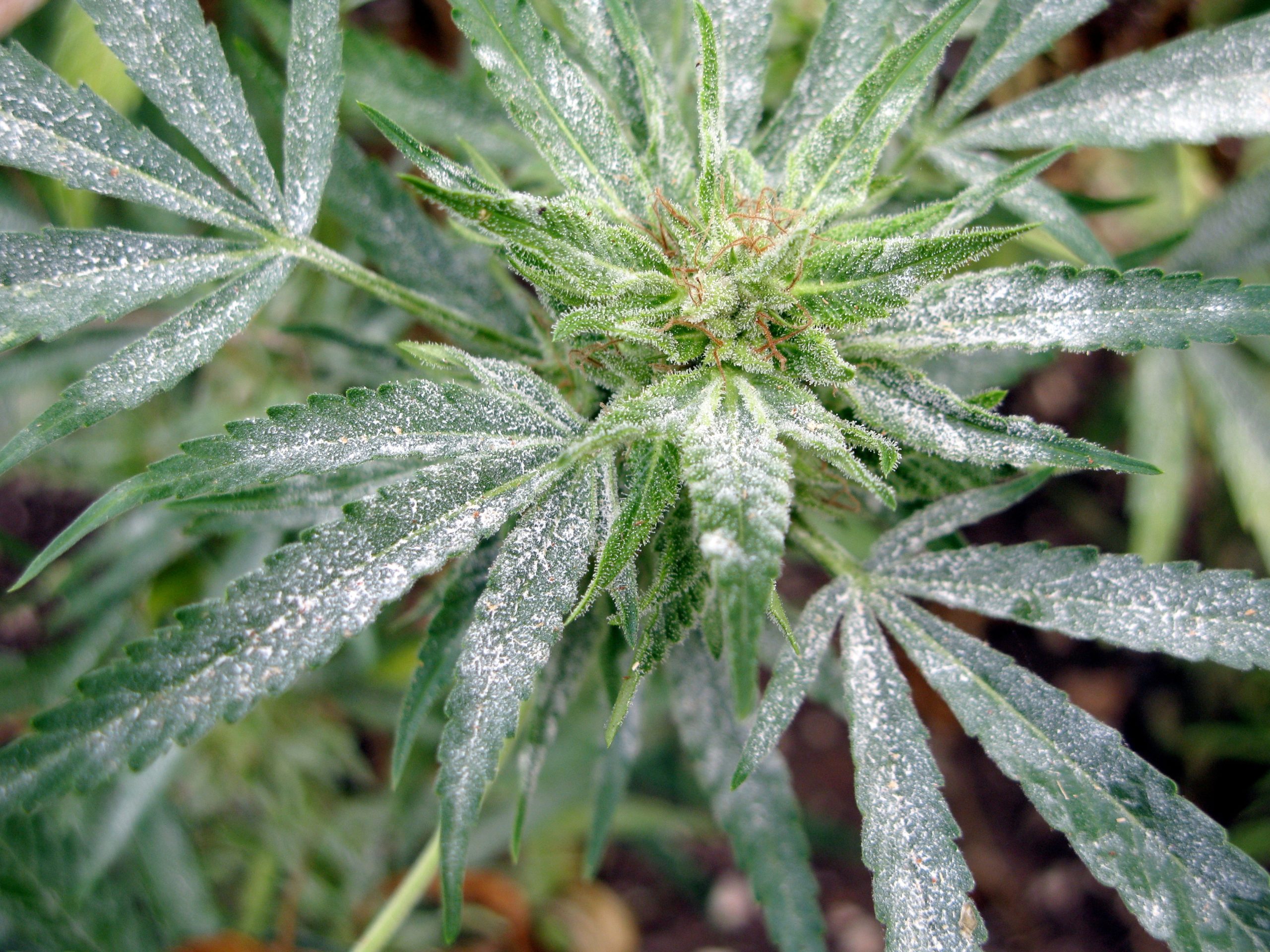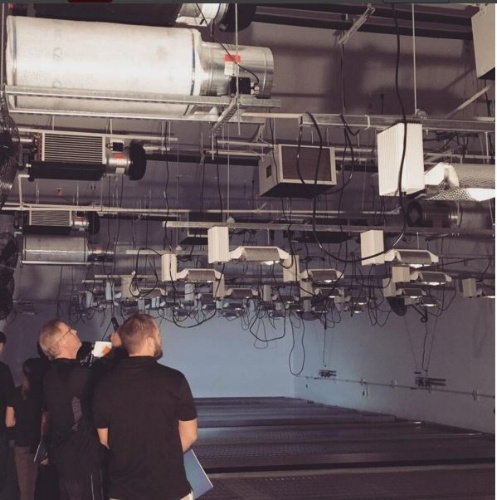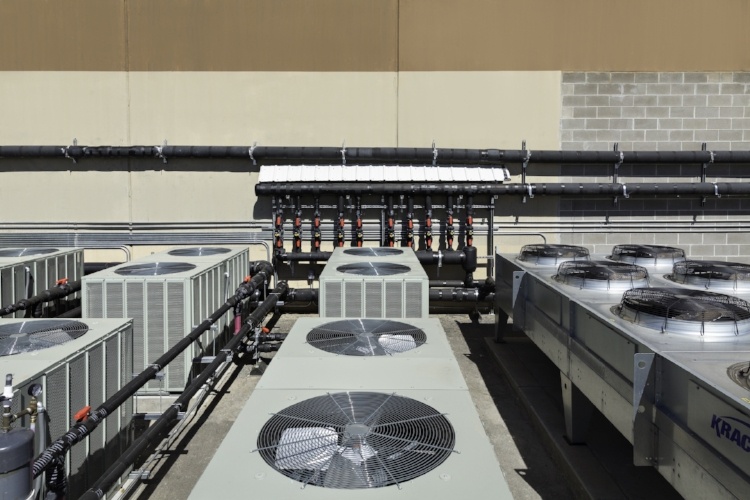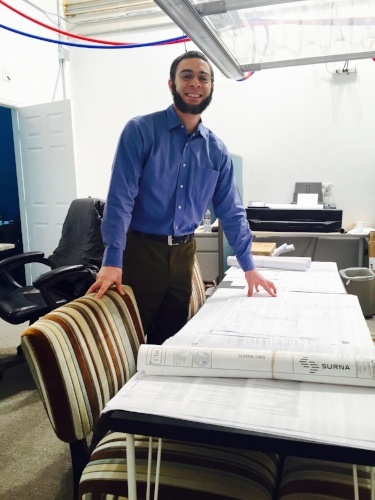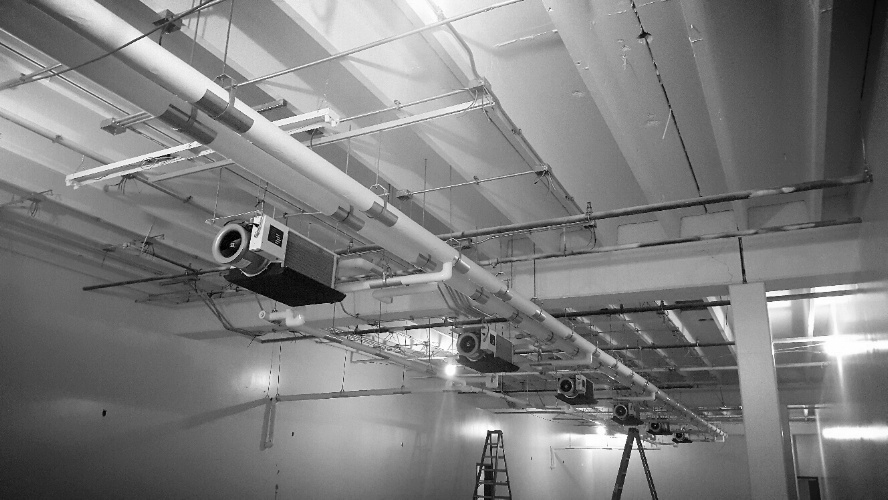
Grow as you grow: Scaling climate control systems
As cultivators and owners know, building out a commercial sized facility takes a lot of time, patience and money but can be extremely lucrative in the long run. Large-scale commercial facilities that are up and running are generating huge profits, mostly in cash. But this type of revenue takes time. To get to a place where a facility can sustain itself financially, owners first must go through the long and expensive process of licensing, permitting, obtaining land and/or buildings and, of course, choosing lighting and environmental control.

